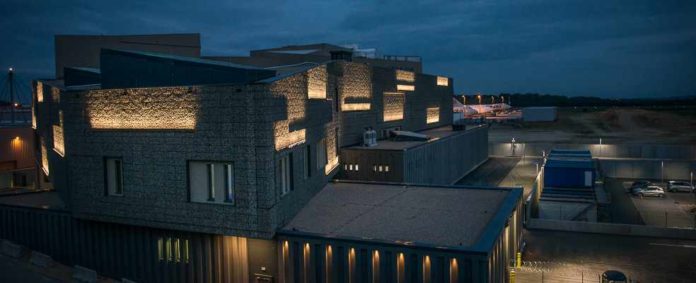
Iron-clad security contrasts beautiful sculptures. State-of-the-art equipment, biometric scanners, strong rooms, seven-tonne doors, vibration-detection technology and even systems to suck oxygen from the vaults in the case of a fire, releasing inert gas to extinguish the flames…. all to protect the precious commodities stored between these walls.
It’s a scene out of Mission Impossible, but the reality is that these freehold ports are now a growing trend across countries which wish to store art and other precious collections of the super wealthy and tax-savvy entrepreneurs. The elite have found another way to dodge financial laws as they stow away their art for years at a time without incurring levies, saving them up to 34% on taxes, according to a report in The Economist. [1]
“Freeports” can be found in several international airports, including Luxembourg who has finished their architecturally-sound structure sporting all the high tech security that an uber-geek could imagine. Technically, with a similar offering to those by offshore financial centers, a freeport provides a haven where goods are in transit, and therefore incur little to no tax for the legitimate storage of collectibles and gold. Luxembourg is becoming one of the many freeports of choice, where the array of tax advantages for the rich will be second to none- demonstrating a service that few will be able to rival.
Originally used to house commodities on the move, the super-rich are now exploiting the benefits of these sites to hold anything from a Picasso, to tapestries, precious metals and even classic cars. It’s the equivalent to owning your own private museum, without the onshore taxes. In the main building in Geneva, art holdings for collectors total some $100 billion. It’s a massive industry on a grand scale, and it is one that has some insurers understandably nervous. One report suggests that the Nahmad art-dealing dynasty alone, has dozens of Picassos stored there.
Originally pioneered by the Swiss, who have several freeports across Geneva, Zurich and Chiasso, Singapore is now implementing its own strategy (by removing a 7% sales tax on precious metals) to grow their global gold storage by 10-15% within 10 years. It’ll soon become the “Switzerland of the East”.
The 2014 opening of the Luxembourg Freehold
The deferral of customs duties and taxes was once temporary, but for the wealthy there is no time limit; their valuables are held in freeports indefinitely, sometimes even changing hands before they leave the freehold. It’s also becoming a trend for some to move their money from the banks and into these freeholds, with Luxembourg hoping to offer safe-deposit boxes in addition to the services (such as restoration, collateralized loans and private showrooms) that it already has on offer. [2] In the meantime, Western countries are beginning to clamp down on tax evasion, becoming ever more interested in the contents of these freehold reservoirs.
As one insurer to The Economist suggests with a sigh, “[It is] one of the wild-West businesses [now]…” Unregulated, it’s perfect for money laundering via cultural property.
[1] (2013, November 23). Uber-warehouses for the ultra-rich. [The Economist]. Retrieved from http://www.economist.com/news/briefing/21590353-ever-more-wealth-being-parked-fancy-storage-facilities-some-customers-they-are
[2] Le Free Port Website. Retrieved from http://freeportluxembourg.com/site/


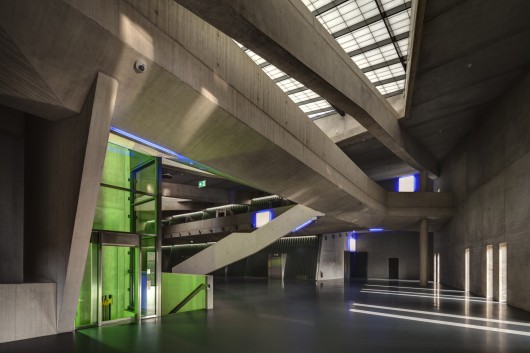
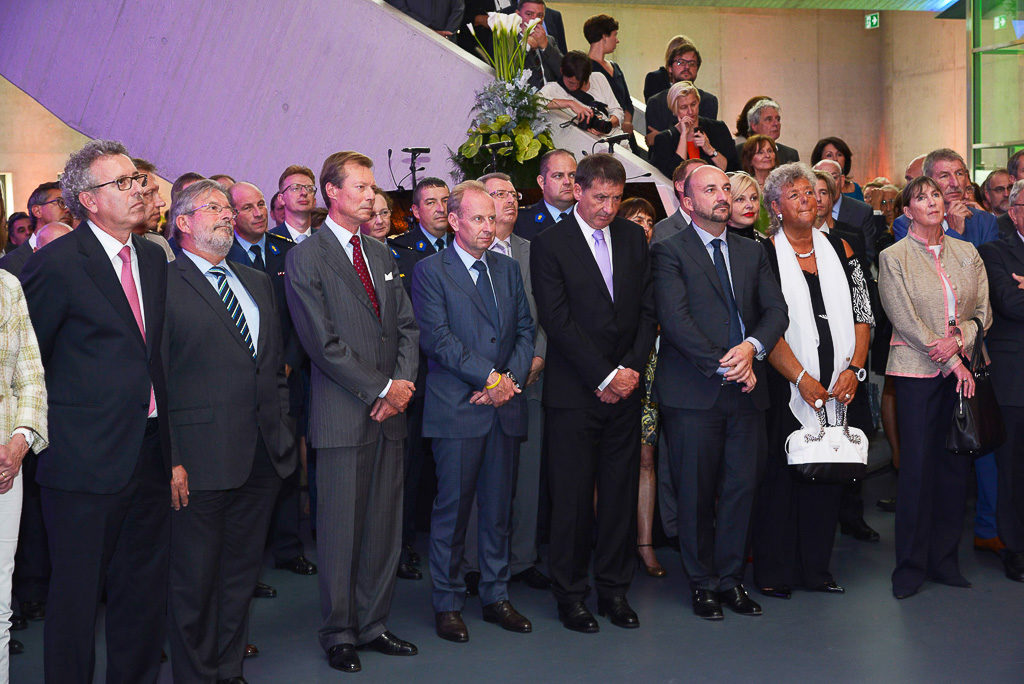
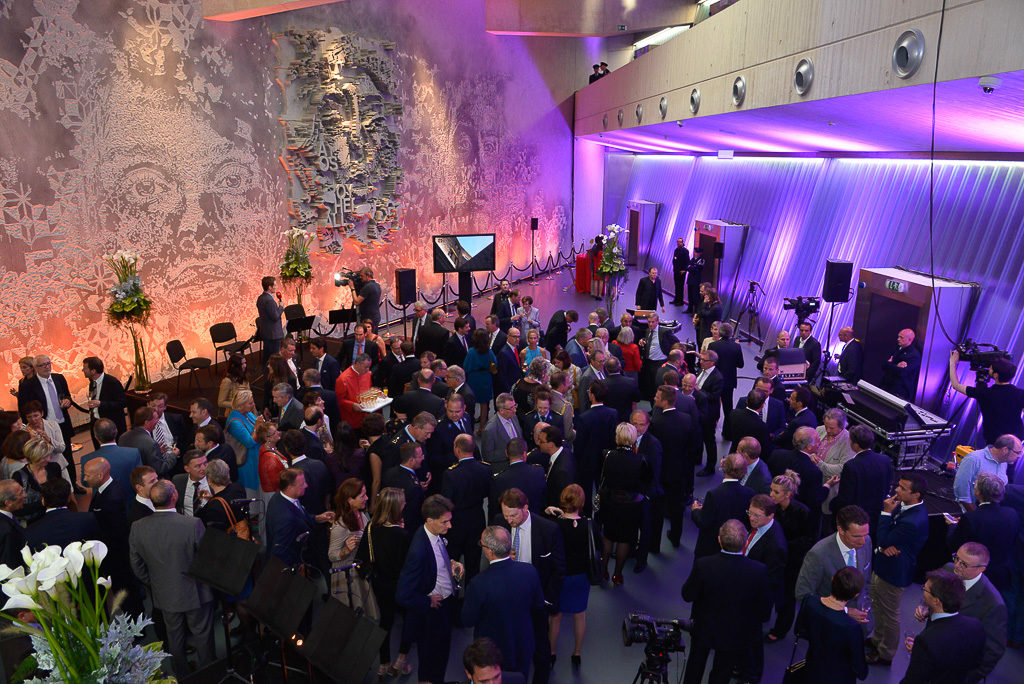
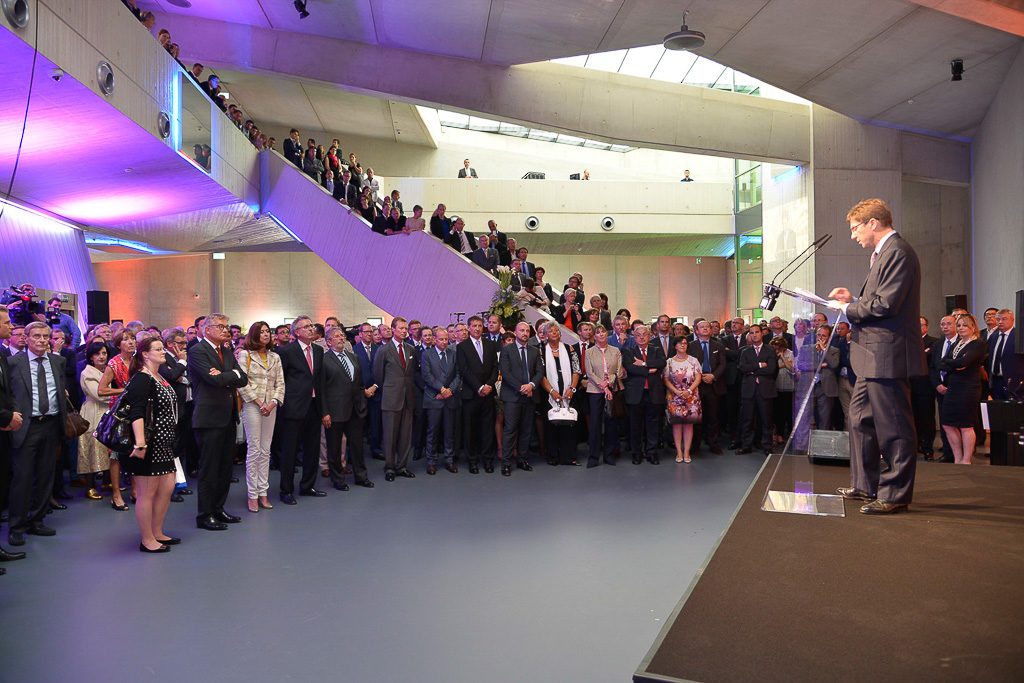


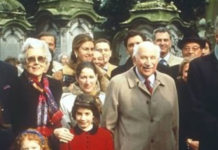
Oh woe….the day it is ALL consumed by unquenchable fire …the kind that doesn’t need *”oxygen” or “air” to burn …